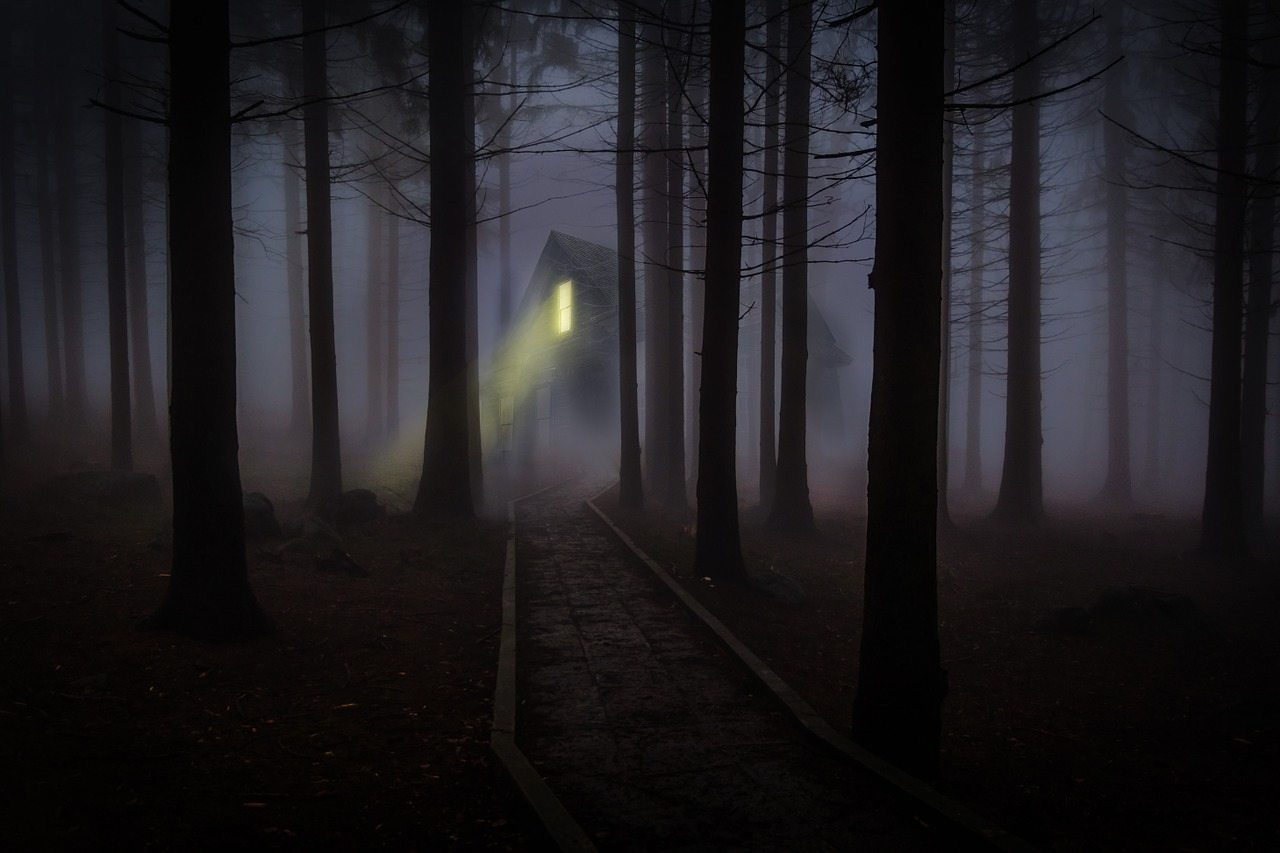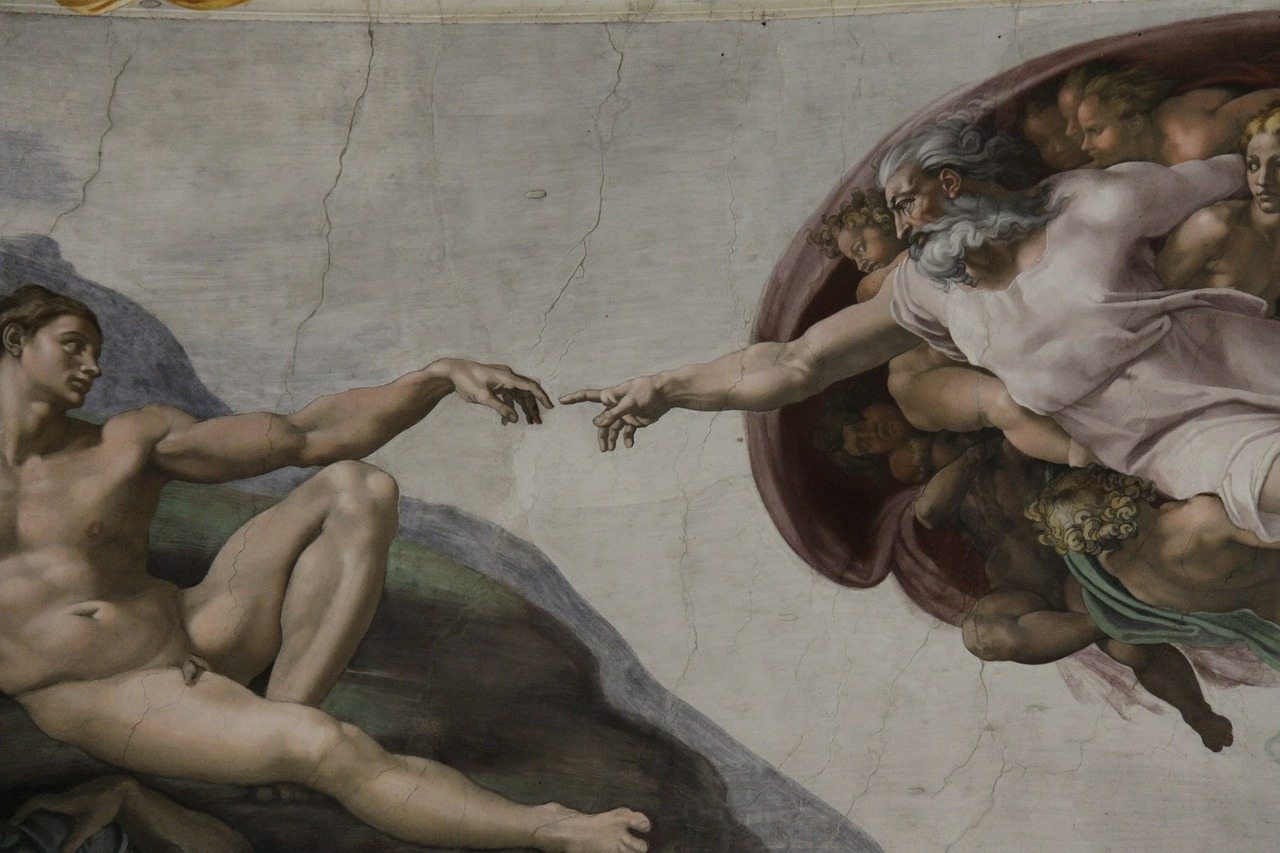
The Evil Within (and Without): The Story of God (Ep. 5)
?I have the desire to do what is good, but I cannot carry it out. For I do not do the good I want to do, but the evil I do not want to do?this I keep on doing,? the Apostle Paul says. So where does evil come from?

